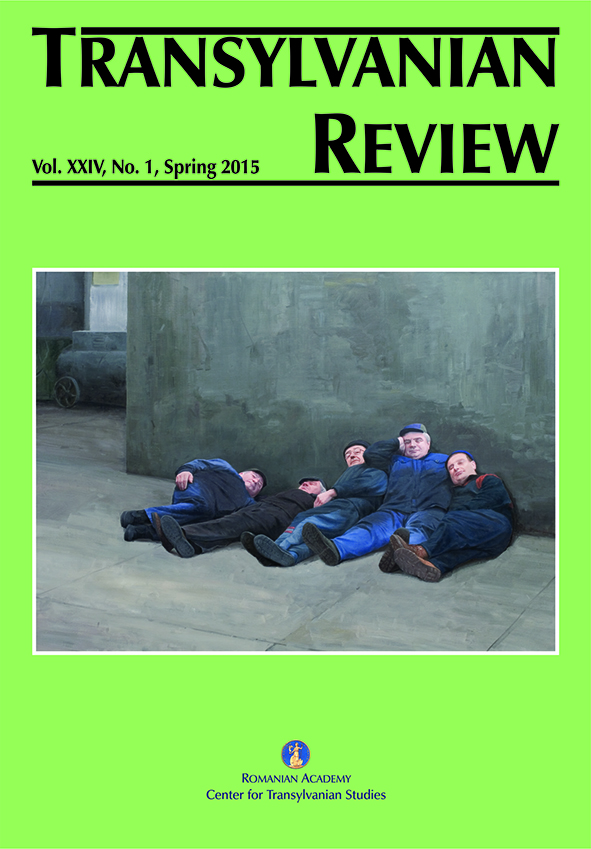“Salvific” Memory, “Enlightened” Oblivion: Spectral Traces of the Past in Maria Edgeworth’s Castle Rackrent (1800)
“Salvific” Memory, “Enlightened” Oblivion: Spectral Traces of the Past in Maria Edgeworth’s Castle Rackrent (1800)
Author(s): Carmen-Veronica BorbelySubject(s): History, Language and Literature Studies
Published by: Academia Română – Centrul de Studii Transilvane
Keywords: Maria Edgeworth; Irish Gothic; esemplastic memory; “enlightened forgetting”; spectral criticism
Summary/Abstract: This study on Maria Edgeworth’s short novel of 1800 Castle Rackrent explores the dialectics between two types of memory—of the retentive or retrieval kind and of a productive, esemplastic type, through which analeptically and proleptically, retrospectively and prospectively, the past is exhumed out of the historical archive and subjected to ceaseless activities of interpretation and signification in the entwined present timeframes of the story’s narrator, editor and readers. In light of Terry Eagleton’s diagnosis of the idiosyncratic “bogginess” of Irish literature, the study argues that, like Seamus Heaney, the Irish national poet who transvalorised “bog,” turning it into the arch-meme of Ireland’s cultural horizons, Maria Edgeworth programmatically wrote in this mode, releasing “bog” from its ostracizing connotations and valorizing it as a trope of “salvific” memory and “enlightened” oblivion, which could foster processes of cultural (self-)awareness.
Journal: Transylvanian Review
- Issue Year: XXIV/2015
- Issue No: 01
- Page Range: 135-148
- Page Count: 14
- Language: English

